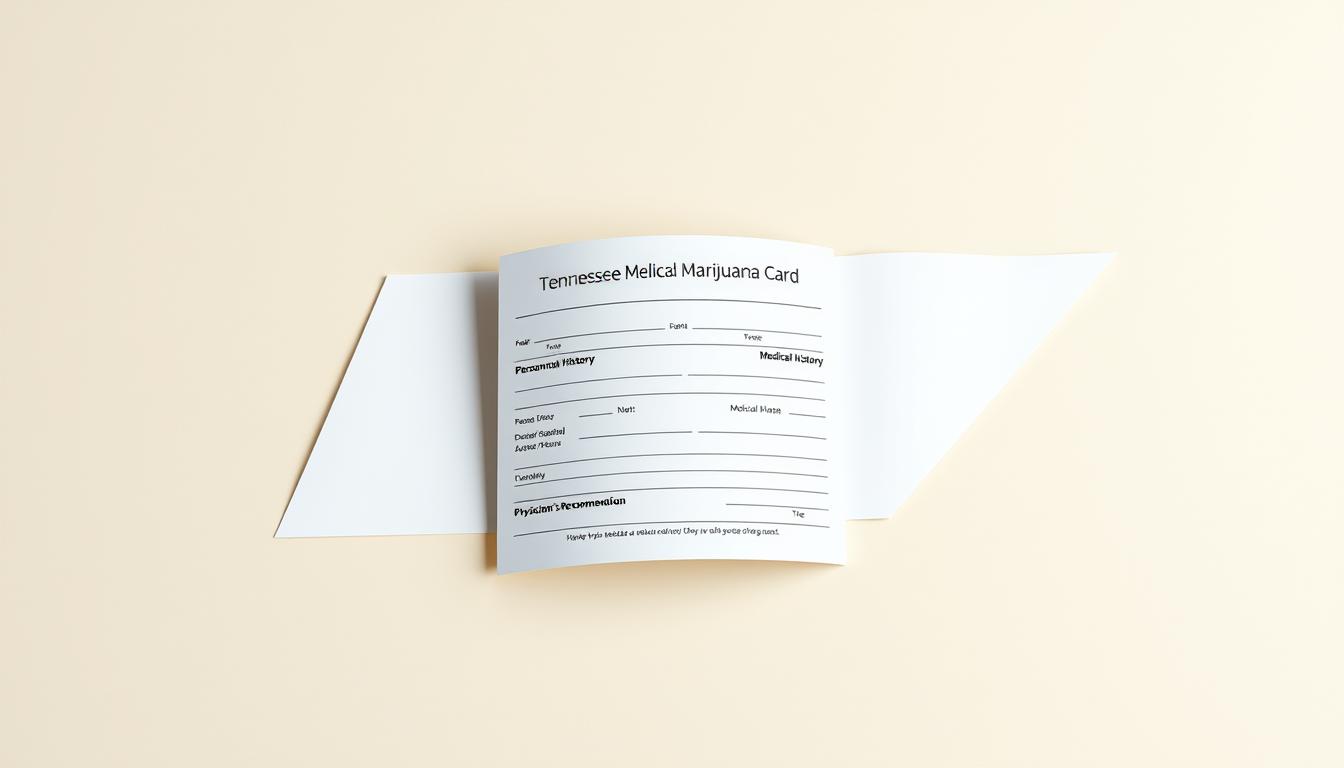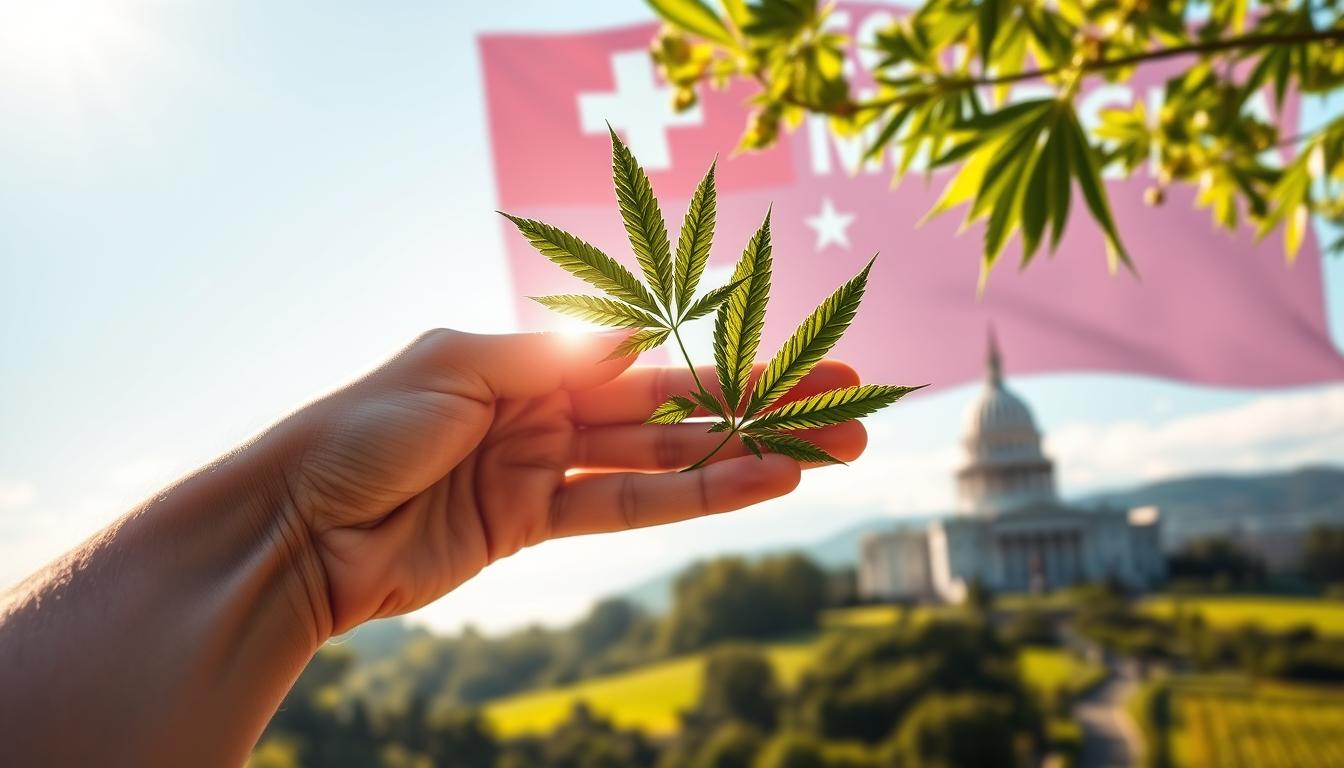Can anyone buy recreational marijuana in Connecticut?. Starting January 10, 2023, Connecticut welcomes a new era. Adults 21 and older can now buy recreational marijuana. This big change has made many people curious. But what does it mean for those wanting to explore the new cannabis landscape?
Now, adults can buy up to a fourth of an ounce, or seven grams, of marijuana. This is for recreational use. It’s a big change in the state’s laws, showing a trend towards legalizing cannabis. Knowing these new rules is important for those interested in Connecticut’s growing cannabis market.
Overview of Marijuana Legislation in Connecticut
To understand recreational marijuana laws in Connecticut, we need to look at its history. The state’s journey to legalization has seen many important steps.
Brief History of Marijuana Laws
Connecticut started with small amounts of cannabis decriminalized in 2011. Then, in 2012, it set up a medical marijuana program. This first step led to more changes. The medical program helped patients with certain conditions get cannabis, setting the stage for wider legalization.
Key Dates and Milestones
There have been key dates in Connecticut’s marijuana laws:
- 2011: Small amounts of cannabis were decriminalized.
- 2012: The medical marijuana program was started.
- 2021: Lawmakers made recreational marijuana legal for adults 21 and older.
- January 10, 2023: Adults 21 and over could start buying recreational marijuana.
These dates show how the state slowly moved towards legalizing cannabis.
Current Legal Status
Starting January 10, 2023, adults 21 and older can buy and use recreational marijuana in Connecticut. They can have up to 1.5 ounces on them and up to 5 ounces at home or in a car. Rules are in place to keep everyone safe and follow the law.
The current laws aim to balance giving people access to marijuana while keeping things under control. This includes rules for dispensaries, what products are allowed, and age limits.
Who Can Legally Purchase Recreational Marijuana?
To buy recreational marijuana in Connecticut, you must meet certain rules. These rules help make sure cannabis is sold right and follows state laws.
Age Requirements
In Connecticut, you must be 21 to buy marijuana. Only adults 21 and up can buy it from licensed shops. This rule keeps kids from getting cannabis.
Residency Requirements
You don’t have to live in Connecticut to buy marijuana. Anyone 21 or older, whether they live here or not, can buy it. This makes it easy for visitors too.
Validity of Identification
You need to show valid ID to buy marijuana. This can be a driver’s license, state ID, or passport. It makes sure only legal buyers can get it.
Knowing these rules helps you buy marijuana legally and safely in Connecticut.
Where to Buy Recreational Marijuana in Connecticut
Connecticut’s recreational marijuana market is now open. Various licensed dispensaries are ready to serve customers. People are looking for where to legally buy recreational marijuana.
Licensed Dispensaries
As of January 10, 2023, nine medical marijuana dispensaries in Connecticut have been granted hybrid licenses. They can sell recreational marijuana alongside medical marijuana. These dispensaries are where you can buy recreational cannabis products.
Some dispensaries have already started selling. They offer a variety of products. For the latest on dispensaries and their locations, visit the official website of the Connecticut Department of Consumer Protection.
Online Purchasing Options
While buying in person is common, Connecticut also allows online ordering. You can browse products online, pick what you want, and then pick it up or get it delivered. This option is convenient and flexible.
Delivery Services
Some dispensaries in Connecticut offer delivery for recreational marijuana. This is great for those who can’t go out or prefer delivery. Check with dispensaries to see if they deliver and what the rules are.
As Connecticut’s recreational marijuana market grows, it’s key to stay updated. Keep an eye on new dispensaries, products, and changes in buying and delivery options.
Limits on Purchasing Recreational Marijuana
Connecticut has set limits on buying recreational marijuana. These rules are to keep use in check and keep the market regulated.
Quantity Restrictions
Adults in Connecticut can buy up to a quarter of an ounce, or seven grams, at a time. This rule applies to all types of recreational marijuana, like flowers, concentrates, and edibles.
Key Quantity Limits:
- Up to 1/4 ounce (7 grams) per transaction
- Up to 5 ounces stored in a locked container at home
Types of Products Available
Recreational marijuana users in Connecticut can find many products. These include dried flowers, concentrates, edibles, and topicals. You can find these at licensed dispensaries across the state.
Product Variety:
- Dried flowers and pre-rolls
- Concentrates (oils, wax, etc.)
- Edibles (gummies, chocolates, etc.)
- Topicals (lotions, balms, etc.)
Possession Limits
Residents can have up to five ounces of marijuana in a locked container. This rule helps ensure that people can store their marijuana safely and legally.
It’s important for users to know these limits to avoid legal trouble. Understanding Connecticut’s laws on recreational marijuana helps keep the use safe and responsible.
Growing Recreational Marijuana at Home
It’s important for Connecticut residents to know the rules for growing recreational marijuana at home. Starting July 1, 2023, people can grow their own plants. But, they must follow certain rules.
Legalities of Home Cultivation
Medical marijuana patients in Connecticut can already grow their own plants. They can have up to three mature and three immature plants. Each household can have a total of 12 plants. But, recreational users couldn’t grow at home until July 1, 2023. For the latest on recreational marijuana cultivation, check reliable sources.
Number of Plants Allowed
Recreational users now know how many plants they can grow. The rules are part of Connecticut’s recreational marijuana laws. It’s key to keep up with these changes.
Regulations for Home Growers
Home growers in Connecticut must follow state rules. This includes how to grow, security, and local laws. Following these rules helps avoid legal trouble.
As Connecticut updates its laws on recreational marijuana, it’s important to stay informed. This ensures you’re following state laws.
Health and Safety Regulations
Connecticut has strict rules for the recreational marijuana market. These rules are to keep people safe and ensure a responsible market.
Quality Control Standards
The quality of recreational marijuana in Connecticut is top-notch. Products are checked for strength, purity, and safety. This careful testing keeps harmful products out of the market.
Testing Parameters include THC and CBD levels, pesticide residues, heavy metals, and microbial contaminants. The state wants to make sure products are safe for everyone.
Child-Proof Packaging Requirements
Connecticut requires that marijuana products come in child-proof packaging. This is to stop kids from accidentally getting into them. It’s a big part of keeping kids safe.
Adults can also get safe storage for their cannabis. This makes sure everyone can keep their products secure.
Impairment and DUI Laws
Connecticut has tough laws about driving after using marijuana. If someone has too much THC in their system, they can be considered impaired. Police use different ways to check if someone is too high to drive.
For more info on using cannabis safely, check out the official Connecticut government website. It has lots of resources and guidelines.
Taxation on Recreational Marijuana
It’s important for people in Connecticut to know about the taxes on recreational marijuana. The state has set up a tax system to make money and control the industry.
State Tax Rates
Connecticut charges a sales tax on recreational marijuana, just like other retail items. The sales tax is based on the price of marijuana products. There’s also an excise tax of $0.006 per milligram of THC for products with THC. This tax helps the state make a lot of money.
Local Tax Rates
Local areas in Connecticut can also tax marijuana sales. The amount of tax can change a lot, depending on where you are. Some places might charge extra sales taxes or fees on marijuana businesses. It’s good to know this because it can change how much you pay for marijuana.
Impact on Consumers
Taxes on recreational marijuana can make it more expensive for people to buy. This might change how much people want to buy marijuana. But, the money from taxes helps fund important programs and projects in the community.
When you buy recreational marijuana, remember that taxes add to the cost. Knowing about the taxes can help you make better choices when buying marijuana.
Restrictions on Use and Consumption
Connecticut has made recreational marijuana legal, but there are rules on where and how to use it. Knowing these rules is key to staying out of trouble.
Public Smoking Laws
You can’t smoke marijuana in public places, just like with tobacco. This includes state parks, beaches, and on the water. Places where smoking is banned include those where tobacco smoking is also not allowed.
For more details on public smoking laws and marijuana rules, check out Connecticut State Cannabis Laws.
Private Property Regulations
On private property, the rules about marijuana use can change. Property owners can decide if marijuana can be used on their land. Always ask the property owner’s permission before using marijuana.
Consumption in Vehicles
There are special rules for using marijuana in cars. It’s illegal to use marijuana in a vehicle, whether it’s moving or parked. This is because it can lead to driving under the influence (DUI) if the driver is affected.
Knowing these rules helps make sure marijuana use is done safely and legally.
Medical vs. Recreational Marijuana
Connecticut now allows recreational marijuana, but it’s different from medical marijuana. Both are legal, but they have different rules and benefits. It’s important to know the differences.
Differences in Legal Status
Medical marijuana has been legal in Connecticut for years. It helps patients with certain conditions. Recreational marijuana is now legal for adults 21 and older, without needing a medical reason. Recreational marijuana has fewer rules on buying and using it, unlike medical marijuana.
Buying medical marijuana requires a state-issued card. Until recreational marijuana is fully available, you must buy it from different places.
Patient Rights and Protections
Medical marijuana patients in Connecticut have special rights. They are protected from job and housing discrimination. They also have the right to use medical marijuana for health reasons. Recreational users don’t have these same protections.
- Protection against employment discrimination
- Protection against housing discrimination
- Right to use medical marijuana for therapeutic purposes
Medical Marijuana Card Benefits
Having a medical marijuana card in Connecticut has many advantages. You can access more products and possibly stronger ones. Cardholders also get tax breaks on their purchases, making it cheaper for medical use.
Choosing between medical and recreational marijuana depends on your needs. Medical marijuana offers more benefits and protections for those with serious health issues. Recreational marijuana is a legal choice for personal use.
Employment and Marijuana Use
Connecticut’s legalization of recreational marijuana has brought up big questions about work policies. As more people can buy and use cannabis, employers face a tough challenge. They must respect employees’ legal rights while keeping the workplace safe and productive.
Employer Policies and Drug Testing
Employers in Connecticut can set their own rules about marijuana use. Some might stick to strict drug testing policies. Others might need to rethink their rules because of the new laws. It’s key for employers to clearly tell employees about their policies to avoid misunderstandings.
Key considerations for employer policies include:
- Defining what constitutes impairment in the workplace
- Establishing procedures for drug testing and handling positive results
- Determining the consequences for employees who test positive for marijuana
Workers’ Rights
Employees in Connecticut have rights, like protection from discrimination for marijuana use. Employers can ban marijuana use at work or on company property. But they must follow the law to avoid legal trouble.
It’s important for employees to know their rights:
- Whether their employer has a zero-tolerance policy for marijuana
- The drug testing procedures and what happens if a test is positive
- Any protections under state law for using marijuana outside of work
Reasonable Accommodations
Some employees might need special help because of marijuana use, like for medical reasons. Employers must make reasonable accommodations unless it’s too hard.
Examples of reasonable accommodations might include:
- Changing drug testing policies for employees with medical marijuana cards
- Adjusting work duties or schedules for medical marijuana use
- Teaching about the legal use of marijuana and its workplace impact
Community Impact of Legalization
Connecticut’s community is changing with the legalization of recreational marijuana.
This change brings economic benefits like new jobs and more state revenue.
Economic Benefits
The cannabis industry is making a lot of money for Connecticut. Licensed dispensaries and grow facilities are boosting the economy.
- New jobs in the cannabis industry
- More money for the state through taxes
- Helping local economies with dispensaries and grow facilities
The benefits aren’t just in the cannabis industry. It also helps other areas like real estate and security.
Social Justice Considerations
The Social Equity Council was set up to make sure the cannabis program is fair. It aims to help communities hurt by the “war on drugs.”
This effort wants to fix past wrongs and give chances to those affected. It helps them join the cannabis industry.
- Training and resources for those from impacted communities
- More diversity and inclusion in cannabis
- Helping communities that were hurt the most
Public Health Implications
Legalizing marijuana also raises health concerns. There’s worry about more use and health risks.
To lessen these risks, the state has rules. These include quality control standards and child-proof packaging requirements.
The effects of legalization are complex. There are both good and bad sides. As the industry grows, it’s key to watch and fix these issues. This way, everyone can benefit, and problems are kept small.
Future of Marijuana Legislation in Connecticut
Connecticut is exploring the future of marijuana laws. The state has set rules for buying and using recreational marijuana. People can now find licensed places to buy it.
Emerging Trends
There’s a chance for more changes in the law. People are talking about making the current rules better for everyone.
Advocacy and Reform
Groups are working hard to change the laws. They want to help the marijuana industry grow and improve.
Potential Changes
There could be new rules on how much you can have, taxes, and growing at home. These changes might affect how people and businesses work in the state.


